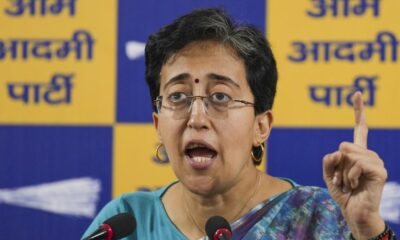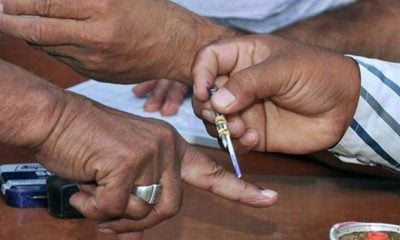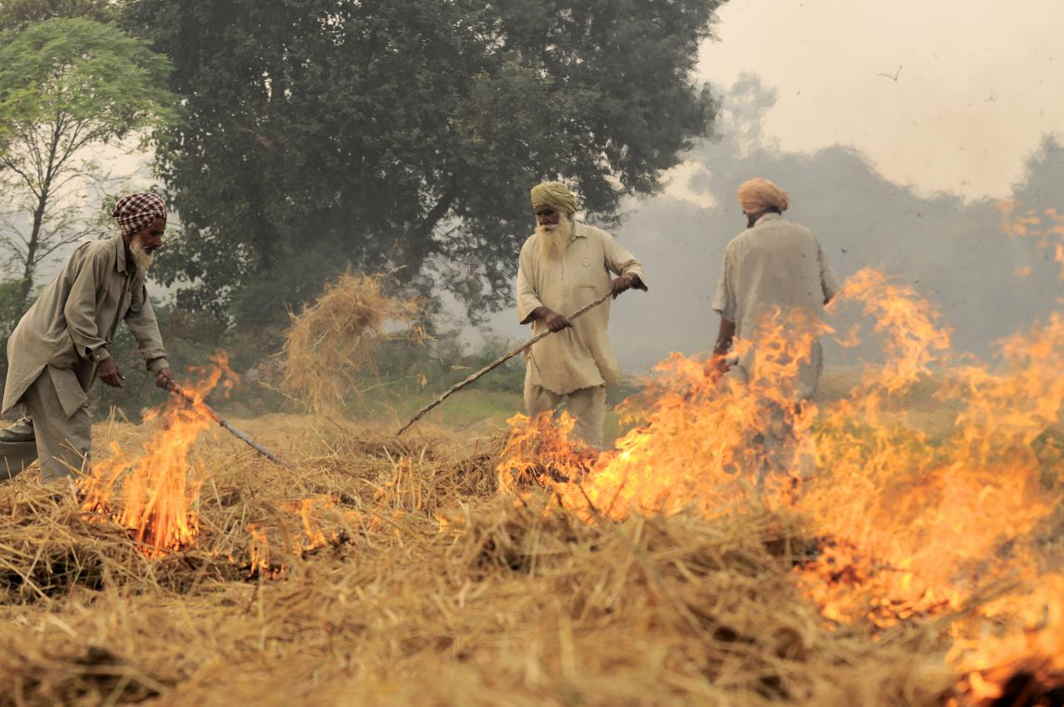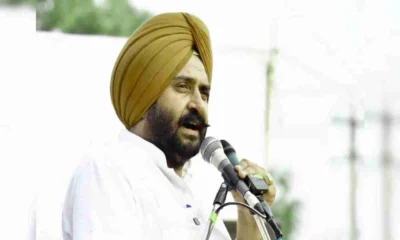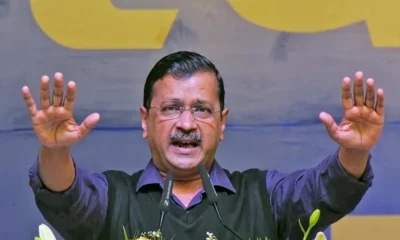The Bhagwant Mann-led Aam Aadmi Party government in Punjab has completed 14 months in office. AAP came to power breaking the state’s five-decades’ tradition alternating between the Congress and the Akalis, becoming the first non-Congress, non-Akali party to form a government in Punjab.
In the 2022 Punjab Assembly elections, AAP won 92 seats of the total 117 seats in the state. The victory was AAP’s first-ever government formation outside Delhi.
The landslide sent out a message that Delhi Chief Minister Arvind Kejriwal’s popularity was increasing across the country, which was a point of concern for the national parties.
A former stage artist with only 10 years in active politics, Bhagwant Mann’s elevation to rule the state came as a surprise to many.
After Mann was declared AAP’s chief ministerial candidate, a large group of experts said Kejriwal had made a huge mistake in handling the responsibilities to Mann, who had no background in running an administration.
Political experts used to say, Mann is being handed with a state that has 23 districts, 237 towns, and 12581 villages. But the Punjab CM has come away looking the victor against these doubts of experts. Punjab faces many challenges, the biggest being sharing the border with Pakistan, a channel that is used to smuggle drugs, illegal arms and exports, a big threat for the state and for the country.
As Mann completes 14 months as Chief Minister, he seems to have had a clear thought to change all these narratives that were in the air linked to his name.
Let’s take a look on how Mann and his government has thrived so far
Tough on corruption
CM Mann has made a space for himself among the people and is often tagged as a man who is tough when it comes to acting against corruption.
Clean governance and taking a clear stand against corruption is what his government is known for, especially after the sacking of then Health Minister Vijay Singla, when corruption charges were levelled against him. And it was not just one man shown the door for corruption, another Punjab Minister Fauja Singh Sarari was also forced to resign over graft.
Mann has won wide-spread popularity for his government’s zero-tolerance policy against corruption. From political leaders to senior government officials, no one is spared in his regime even at the assistant inspector general of the police level, people have been sent to jail.
Agriculture
The recent passed budget of the government increased an outlay for crop diversification in the state, which was seen a major step taken in favour of the agriculture sector.
CM Mann also promised to include Moong dal under the Minimum Support Price (MSP) scheme benefiting farmers growing the pulse.
Free Electricity
In just four months after coming to power, the government also fulfilled the manifesto promise of 300 units of free electricity.
Some of the other major decisions that have helped the Punjab governement get a pat on its back was introducing one MLA, one pension scheme, scrapping of load enhancement fee on tubewells, launching Aam Aadmi Clinics (a replica of the Mohalla clinics in Delhi) and such.
Mann re-introduced the old pension scheme scrapped in 2004, under which a retiree is entitled for 50-percent of his last drawn salary, a step that wooed the working government staff and the retired staff across Punjab.
The Mann government has also been decisive on clearing possession of illegally encroached government lands. Reports said the Punjab government has till now freed some 10,000 acres of encroached land.
On Friday, Mann announced another drive against illegal occupation on government encroached lands starting from June 1.
The Mann government is often charged by the opposition for leaving the administrative control of the state in Delhi (read Kejriwal) instead of keeping it in Punjab.
The Bhagwant Mann government’s good performance is crucial for the Aam Aadmi Party to expand its national footprint in the 2024 Lok Sabha Polls. It wants to do well in Punjab for Lok Sabha and the Haryana Assembly elections next year, which the AAP has been eyeing for long and expects a Punjab-like outcome as they are neighbouring states.
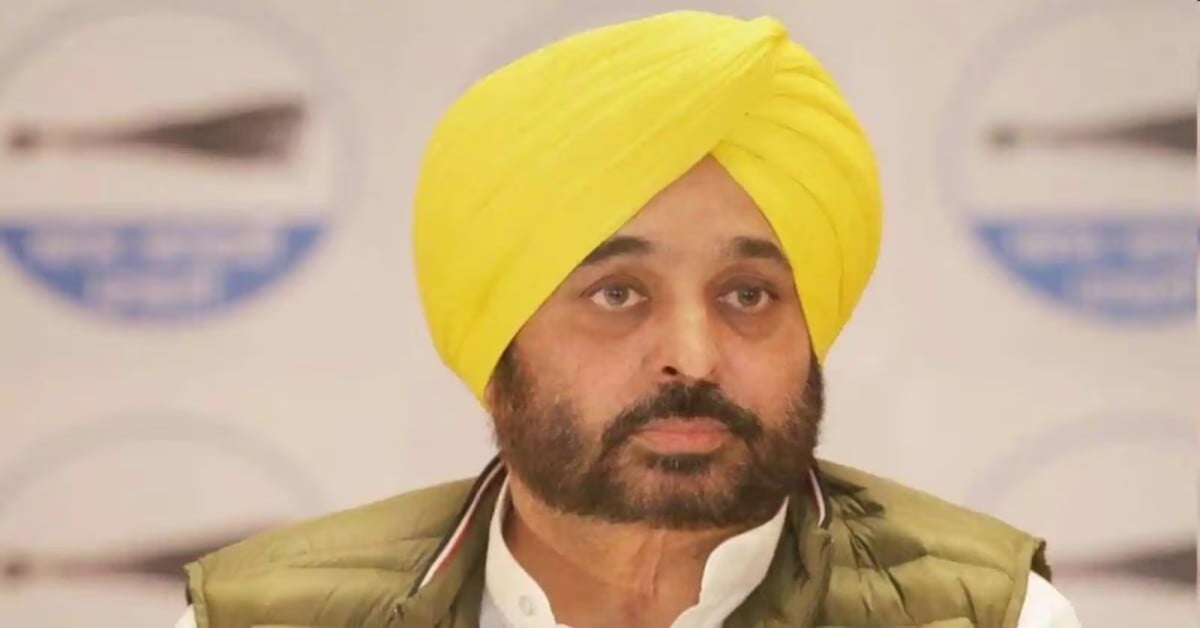

 Latest world news24 hours ago
Latest world news24 hours ago
 Latest world news10 hours ago
Latest world news10 hours ago
 Latest world news10 hours ago
Latest world news10 hours ago
 India News10 hours ago
India News10 hours ago
 Latest world news9 hours ago
Latest world news9 hours ago
 India News9 hours ago
India News9 hours ago
